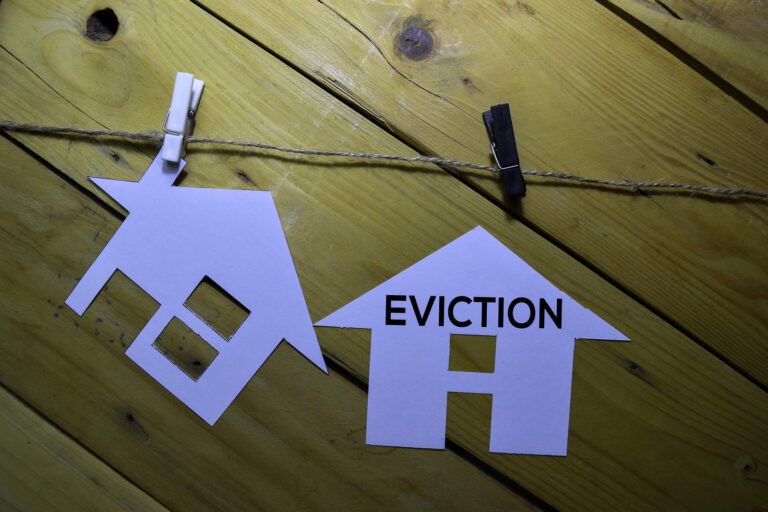
Managing rental properties can be difficult, especially when it involves evicting a tenant before their lease expires. Indeed, eviction is one of the most stressful experiences you’ll have to deal with as a landlord. You might want to remove a tenant from your rental due to any of the following reasons:
Telling a tenant face-to-face that they have to leave can be nerve-wracking, and issuing a written eviction notice is not any easier. The good news is that there is an effective strategy for getting tenants to move; a voluntary move out agreement. In a voluntary move out agreement, both parties (the landlord and tenant) agree upon and sign new terms of the lease. When the tenant agrees to vacate, they should leave the premises by a specific date.

Before you begin the process of evicting your tenant, you should carefully consider your reasons. As a landlord, you don’t have the right to remove anyone for anything and at any time. To protect yourself from any accusation of unfair practice or dispute, you should never embark on eviction based on the following:
Here are some of the things you need to know about an agreement to vacate rental property:
A written tenant vacating agreement is proof that there a new contract is in place. If either the landlord or tenant fails to sign the contract and the matter goes to court, the judgment will be made based on the original lease agreement. The move out action by the renter or the move out request by the landlord shall be perceived as a breach of the current lease agreement.
In some jurisdictions, the voluntary move out agreement can be discussed, exchanged, and signed by both parties online.
When all is said and done, both parties win from the new arrangement.
Here is how the tenant benefits from an agreement to vacate:
How a voluntary move out agreement benefits the landlord:
As the name suggests, cash for keys is a strategy for getting a tenant to move out voluntarily in exchange for cash. This method became popular during the housing crisis when financial institutions offered cash for keys to residents of foreclosed properties. Cash for keys works well especially with tenants who are struggling financially.
Though it might appear unreasonable to pay tenants that are defaulting on rent, many landlords have realized that it costs much less than attorney fees, filing fees, and lost rent during the eviction process. A recent report revealed that eviction-related expenses, which include lost rent, filing costs, court costs, maintenance fees, and judgment costs, can go as high as $10,000.
To use the cash for keys strategy, follow this process:
To learn if cash for keys agreements are legal in your area, be sure to review your county and local city laws. In addition, you need to consult a licensed attorney in order to protect yourself, your rental, and your tenants.
An alternative to cash for keys is offering assistance to help your tenant make a smooth transition. For example, if you have connections for cheaper rates on moving trucks, offer them to your renters. If you own a moving truck, you could allow the tenants to use it for free. In addition, you can help your tenants find a new place to live by connecting them to other landlords and property managers in the area. If you project such a helpful and positive attitude, your tenants will be more accommodative to the idea of moving out.
A voluntary move out agreement is definitely an option that every investor should consider for a voluntary eviction. Avoid the temptation to coerce a tenant to leave your rental using the following methods:
If you use any of these methods, you could easily find yourself slapped with a lawsuit. This is the last thing you want to deal with as a real estate investor.
Learn more about our product.